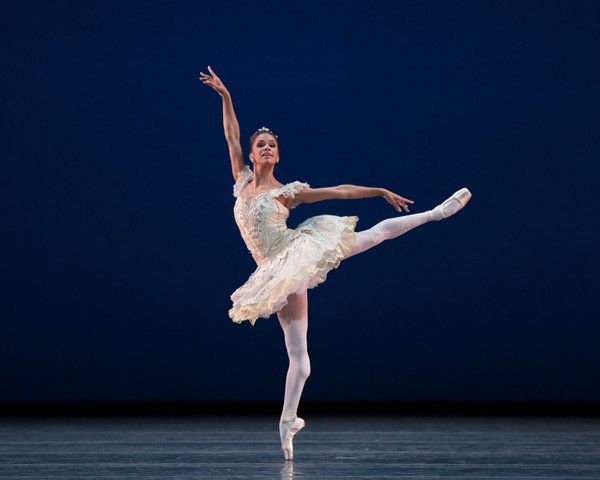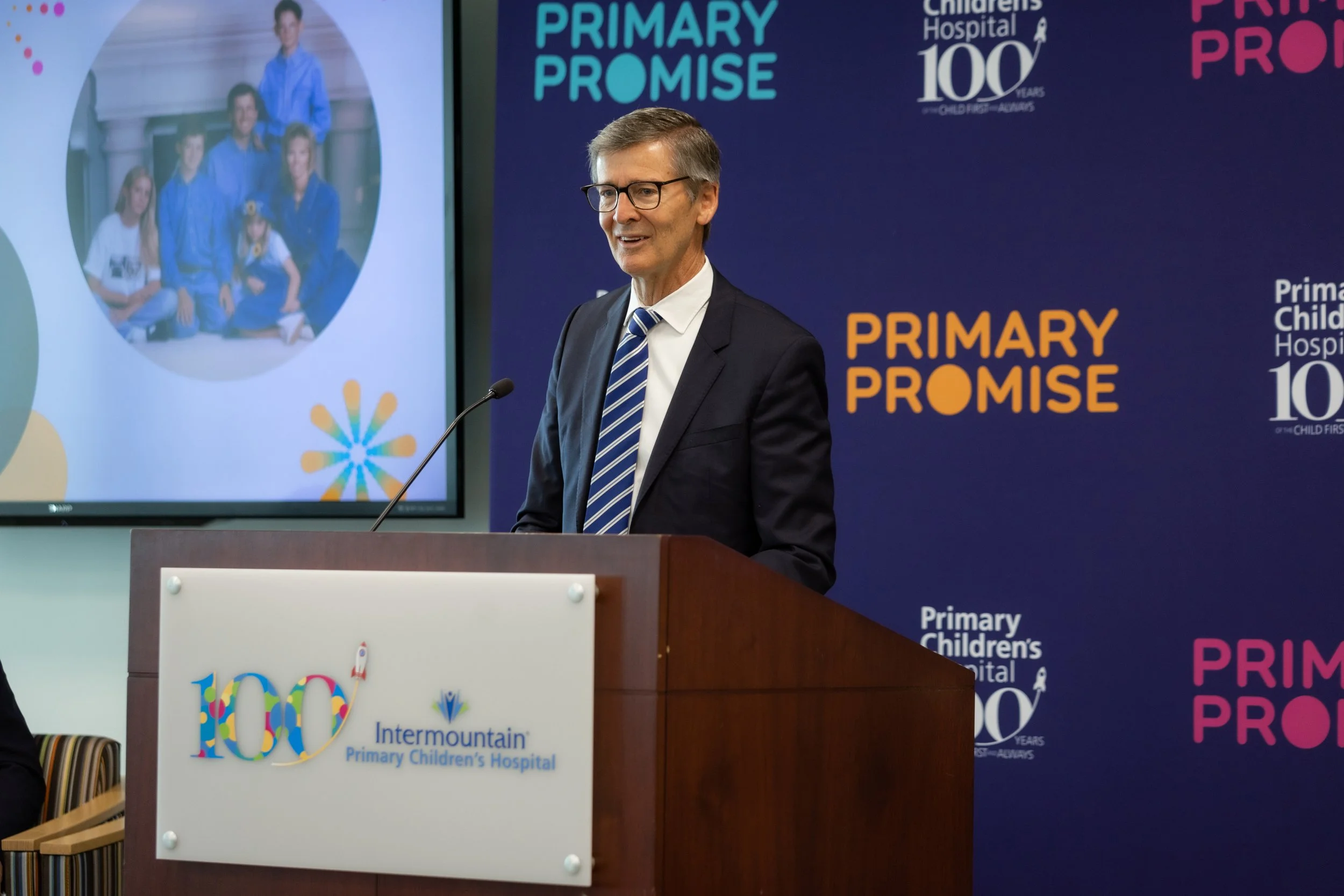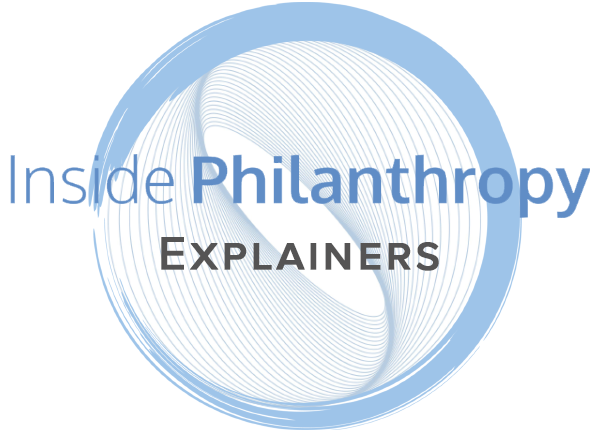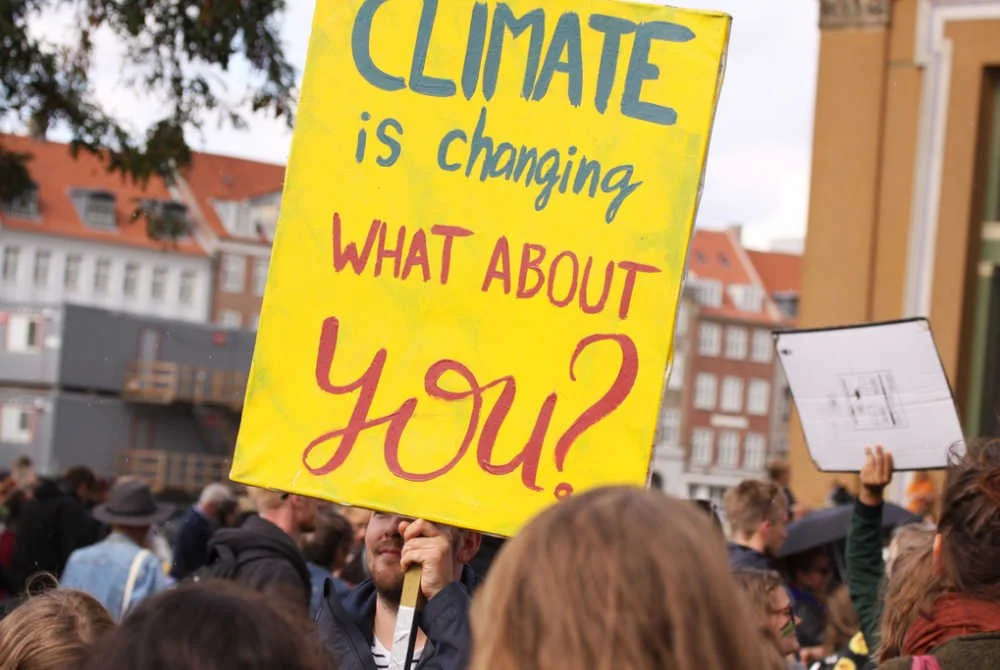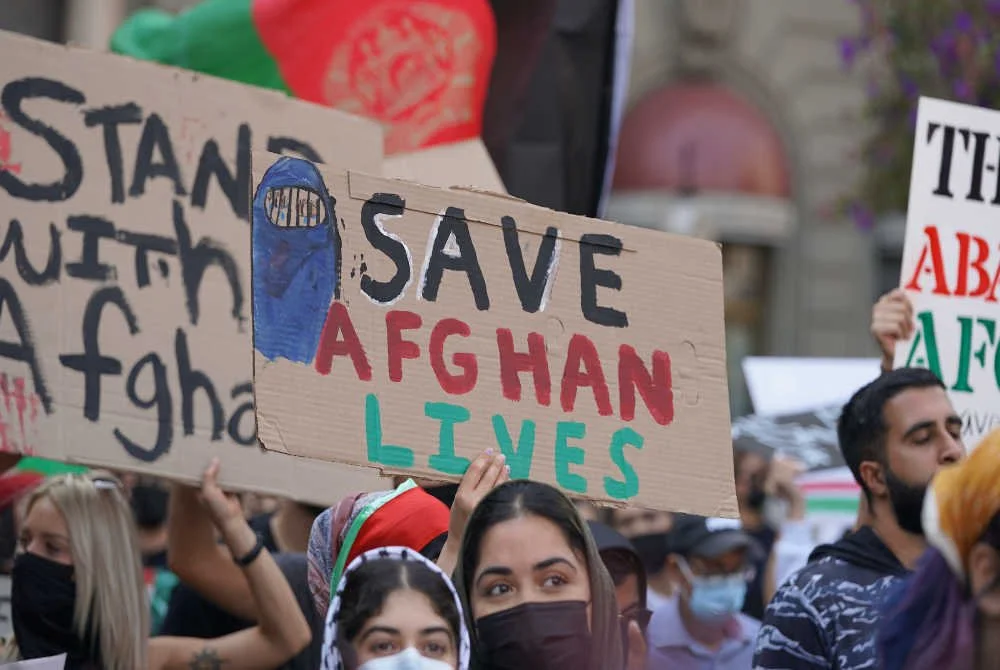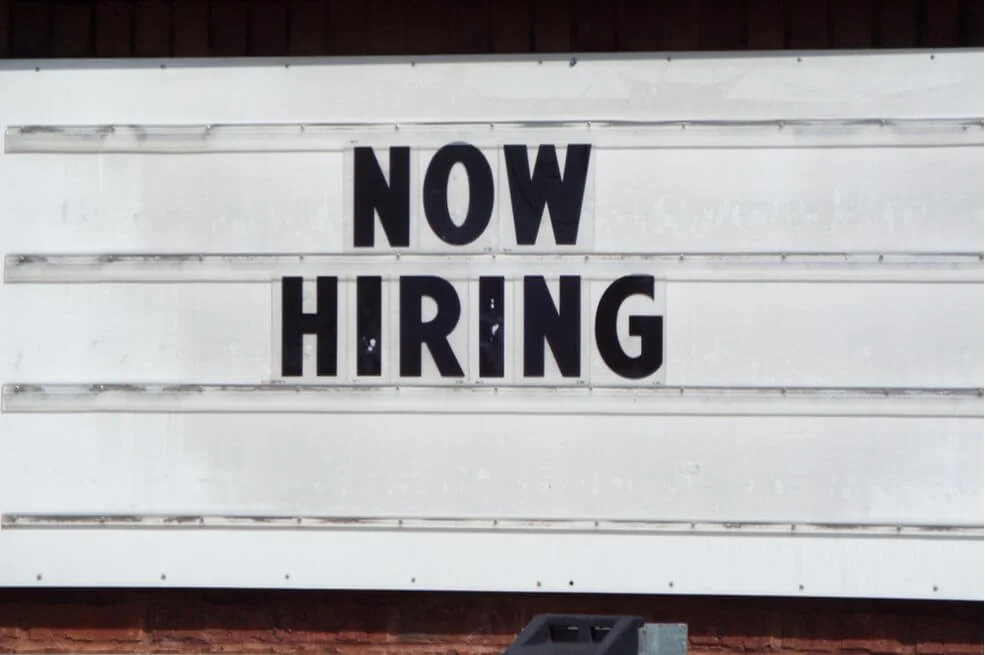Growing Up: How an Advocacy Group for Millennials Seeks to Expand Its Fundraising
/Young Invincibles has spent nearly a decade steadily expanding its charitable programs and how it raises money to help 18 to 34 year olds meet the tough economic challenges so unique to their generation.
Started in 2009 by five law students in a campus cafeteria who felt their voices were missing from the national debate around healthcare reform, Young Invincibles has since grown into an increasingly visible—and vocal—organization headquartered in Washington with five regional offices nationwide.
The group focuses on getting young adults up to the age of 34 civically engaged by actively participating in efforts to pass new laws and protect programs that serve young adults. That means fighting for everything from access to affordable health insurance, access to and affordability of college, expanded access to viable entry-level workforce options such as paid internships and apprenticeships, and strengthening and expanding voting by students.
Getting millennials engaged in advocacy work on multiple issues is “our secret sauce,” says Young Invincibles’ press secretary Paydon Miller.
To finance its work, Young Invincibles relies mostly on foundation grants, raising $6 million last year. “Funders trust us for having relationships with young people that we can leverage to drive policy change,” says Rachel Fleischer, the group’s executive director. “We drive policy for young people by young people.”
That work resonates with a growing number of grantmakers supporting varying approaches to fighting economic inequalities and improving opportunities for low-income Americans. The Bill & Melinda Gates Foundation, for example, has made Young Invincible grants to ensure access to higher education, while others such as the Lumina Foundation give to support student parents, housing-insecure students, and working students. The Annie E. Casey Foundation, yet another grantmaker supporting Young Invincibles, takes a two-generation approach in its work to ease economic disparities.
Indeed, the economic disparities are stark for 18 to 34 year olds. Research has found that people in that age group are far more economically challenged than earlier generations. Supported by a Ford Foundation grant, Young Invincibles released an economic study revealing harsh financial realities faced by millennials aged 25 to 34 in 2013, compared with economic circumstances among baby boomers in 1989—when they were the same age as millennials.
The study found that 25 to 34 year olds who took on student debt to earn a degree earned a median of just under $51,000 in 2013. But boomers in that same situation earned 25 percent more, a median of nearly $68,000, way back in 1989. White boomers had median assets worth $104,369 in 1989, while their millennial counterparts reported median assets of only $44,800 in 2013, a decline of 57 percent.
To improve young people’s financial options, Young Invincibles has engaged millennials in efforts to prevent cutbacks to the Pell Grant program, which provides federal funds to meet college expenses. (In 2017, after years of lobbying by Young Invincibles and others, Congress reinstated year-round Pell Grants, making summer semesters more accessible to low-income students who can complete their education faster and more cost effectively.) Young Invincibles also created the Students Learn Students Vote Coalition in 2016 to engage college students in projects to help their peers vote more easily on campuses nationwide.
Carolina Espinal, a sophomore at Syracuse University who now serves on Young Invincibles’ national board, has worked to expand campus voting. She also participated in one of the charity’s training and advocacy programs, joining other millennials on Capitol Hill where they spoke to federal lawmakers and their staff members about their personal experiences as borrowers affected by the nation’s skyrocketing student loan debt.
“Coming to DC was inspiring as was meeting fellow [participants] and seeing how they are using challenges like student debt to empower legislation,” Espina says. In Washington, she adds, she advocated against a bill that would make paying back student loans harder, in part by eliminating organizations’ ability to forgive student debt in exchange for public service.
With its 10th anniversary fast approaching on June 11, Young Invincibles is using the occasion to broaden its base of donors with a Washington “storytelling” event at which millennials will speak about their involvement with the organization and the difference it’s made in their lives. Other events are being held at the charity’s regional offices. In Colorado, for example, an anniversary event will include storytelling while also incorporating a graduation ceremony for young people who completed a paid internship that trained them to do state-wide policy and advocacy work.
Led by Heidi Gider, senior director of development, the Washington anniversary event will seek donations from founding members of Young Invincibles, many of whom are now older and more settled in their careers, and companies and other organizations will pay a minimum of $325 to sponsor the event. Gider is hopeful that the DC event will draw general operating support from previous supporters, and Young Invincibles has set a goal of raising $150,000 or more from it.
Executive director Fleischer says that, moving forward, Young Invincibles is “very focused on diversifying” contributions. With Gider, she says that she wants to work on increasing contributed income by appealing to families with donor-advised funds, for example. The charity also wants to form relationships with wealth managers who work with such families. To that end, it is relying on face-to-face meetings with wealth-planning professionals, word-of-mouth recommendations, meeting financial professionals at conferences and events, and doing a better job of mapping out potential relationships.
In fundraising, Fleischer adds, “conversation is part of the work and can open avenues” to potential donors who may have the misperception that Young Invincibles works only on higher education, for instance.
“We have a body of work that is significant so we can meet new funders,” she says. “Our work speaks for itself.”








